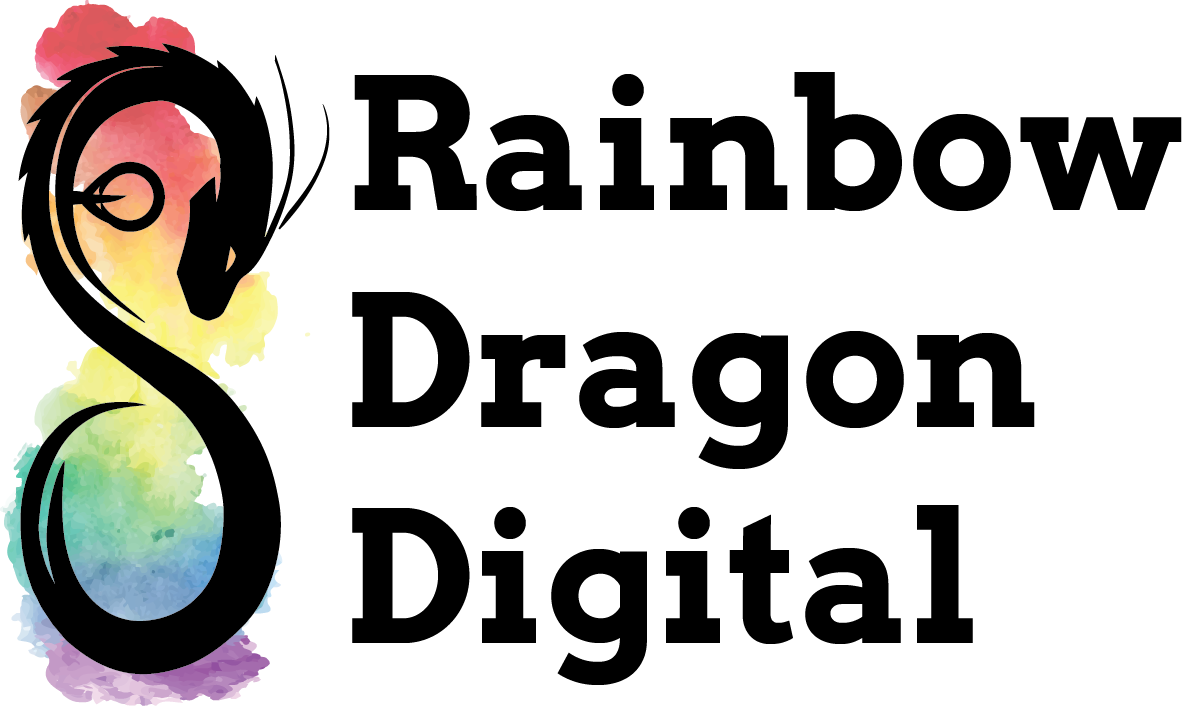A reality of doing business is that it has to be profitable in order to survive – profit is the fuel that runs your business.
This has often led many businesses to focus on the ‘high ticket’ clients as the criteria of “can they afford it” becomes the most important qualifying factor.
That’s when we start swimming in some less ethical marketing waters…
Doing something that’s changing the world and would you like to have a chat with me about it? Click here and fill out the form!
Don’t like videos? Here’s the text version:
You do not want high paying clients.
Hi, I’m DJ from Rainbow Dragon Digital and in today’s video I’m going to be talking about how targeting your customers based on how much they can pay could be a really bad idea.
If you haven’t subscribed to my YouTube channel already, please do. It will help me loads and you’ll be notified when I release new videos.
Your Target Person Should Involve Affordability Factors, Right?
So, a lot of marketers, a lot of business coaches, a lot of people who want to grow businesses will tell you that your criteria for how you target your market should involve how much they can pay. And I get it, this totally makes logical sense. If they can’t afford your services, why on earth would you target them?
Let’s start off by me saying that that is totally valid. I’m not arguing that you shouldn’t be using whether they can afford your service as a part of your targeting.
Yeah, I mean, I get it. It makes sense to be thinking about whether they can afford your services or not, and you don’t want to waste time with people who can’t afford your services, but let’s talk about that just a little bit and the kind of systemic problems there.
The Ethical Problems with Targeting Only Those Who Can Pay
Now, I know a lot of you have turned off as soon as I’ve said ‘systemic problems’ but if you want to be practicing your business ethically this is something you really need to consider.
If you’re completely rejecting people based on the fact that they can’t afford your product, then you’re probably contributing to a world where only people who have money are able to access the thing you do.
Now, this may be fine for a lot of people. Maybe if you do luxury goods, if you do something that’s not really that important but if you’re solving a really difficult problem that a lot of people have then you might want to consider how you’re able to help the people who can’t quite afford it.
And this doesn’t mean that you serve everyone who can’t afford it. This means that you find ways to make sure that you are helping some of those and you’re not only helping the people who can pay you a lot.
The Ethical Problem with Targeting “High-Paying” Clients
Now the other issue that comes in here with quite heavily targeting people who can afford your product is the phrasing of it and what that ends up meaning.
The phrasing of “I’m targeting people who can afford it” is more valid than “I’m targeting high-paying clients.”
This is where people fall into the trap.
They start to think, “Oh, these clients give me a higher margin and, therefore, I need to target them more.” They stop just targeting those who can afford it, and start targeting those who can pay the most for it.
You then start to craft your entire business around these people who can pay more, who can pay you exorbitant amounts for the thing you do, leaving the other people – who probably more genuinely need your help – to not have the best service from you.
The thing you need to be looking out for here is, are you giving your better service to someone only because they have more money? You might be giving a better service to them because they have bought more of your products and therefore you need to then provide more of a service. That is different from giving them a better service than the other people just because they’re paying more money for a similar thing.
It’s Not Just the Systemic Problems – It’s About Your Own Enjoyment Too
The really funny thing here is that it’s not even just about the impact on society or the fact that you’re supporting people who have more money than the people who don’t. It’s also going to be bad for you!
If you’re not aligning values – if you’re not using values as a higher priority than money – then you are inevitably going to end up with people who are paying you a lot who are not aligned with who you are and you’re going to hate working with them.
So, in the end, it benefits you as well to mitigate a little bit against targeting people who can just pay you a lot. It will make for a better business, you’ll make for a better world, and you’ll be happier as a businessperson.
I hope that makes sense to you if you disagree if you have a comment on it if you want to discuss this some more please put a comment on this video or on the blog post if you’re reading it watching it there or just send me a message. I’m happy to discuss this stuff I love chatting about it. So, please do message me if you want to talk about issues like this.
